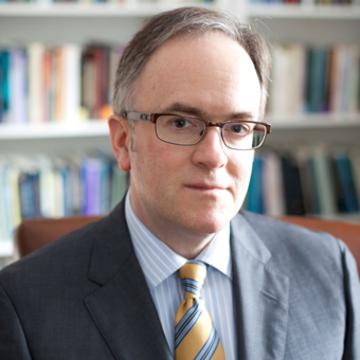The dangers of liberalism
Liberalism is not making the world safe for democracy
Liberalism by definition is internationalist, in the sense that it sees all persons as fundamentally the same regardless of nationality, religion, culture, and so on. But open liberalism goes beyond internationalism to embrace globalism or cosmopolitanism. Under its logic, nation-states are barriers to the two related goods of efficiency and individual emancipation. All boundaries of politics, culture, and tradition are artificial and should be perpetually open to crossing, revision, even erasure. Under open liberal internationalism, what had been the defense of democracy in industrial countries became the active promotion of liberal self-government nearly everywhere. NATO, originally a military alliance against Soviet power, became an expanded club of democracies that enforced human rights on its periphery. The multilateral institutions of welfare liberalism, designed to allow each government to respond to the needs of its people, adopted the new mission of prying government hands off national economies. The European Economic Community became the European Union (EU), a new kind of entity with sovereignty over many areas of its members’ economies, laws, regulations, and immigration.
To its great credit, open liberal internationalism does not regard democracy as something only for wealthy industrial countries. Self-government is for everyone. But the form of democracy on offer is now tethered tightly to open liberalism’s notion of liberty as expressive individualism and consumption. In the end, democracy comes to mean the maximization of the efficient delivery of perpetual personal choice—over not only which smartphone to buy, but what kind of person to be—to all individuals everywhere. Liberty becomes a dream of the unencumbered movement of ideas, goods, services, capital, and people across all physical and symbolic boundaries.
It is an alluring dream for many around the world, and at the close of the twentieth century its fulfillment seemed within sight. Open liberalism was so successful that democracy no longer seemed to need defending. Ancient problems of politics had become problems of global governance, to be addressed by technical expertise. Any difficulties that open liberalism encountered (or created), such as climate change or pandemics or job displacement, could be remedied by science and management.
Open liberal internationalism proudly compromises states’ sovereignty. Countries give up some control over their domestic affairs in exchange for more prosperity and opportunity for their citizens. For many citizens, this trade-off has gone sour. Benefits are not distributed widely or fairly within the United States and other wealthy democracies. Free elections—democracy’s ultimate mechanism for course correction—are not doing the job. In election cycle after cycle, the open liberalism that America pushes into its environment pushes back into America, widening gaps in income, wealth, and culture, to the point that a severe “two nations” problem has become entrenched. America no longer has the inevitable and healthy cross-cutting divisions of a free society. It has instead a binary division, one that is self-reinforcing, difficult to reverse, and potentially fatal. Open liberalism, it turns out, does not work for the majority, and too many are losing the norms of democratic life and confidence in democratic institutions. Power has migrated from publics to international bureaucracies and corporate heads. Open liberalism is not making the world select for democracy. It is doing something like the opposite.
Excerpted from The Ecology of Nations published by Yale University Press ©2023
